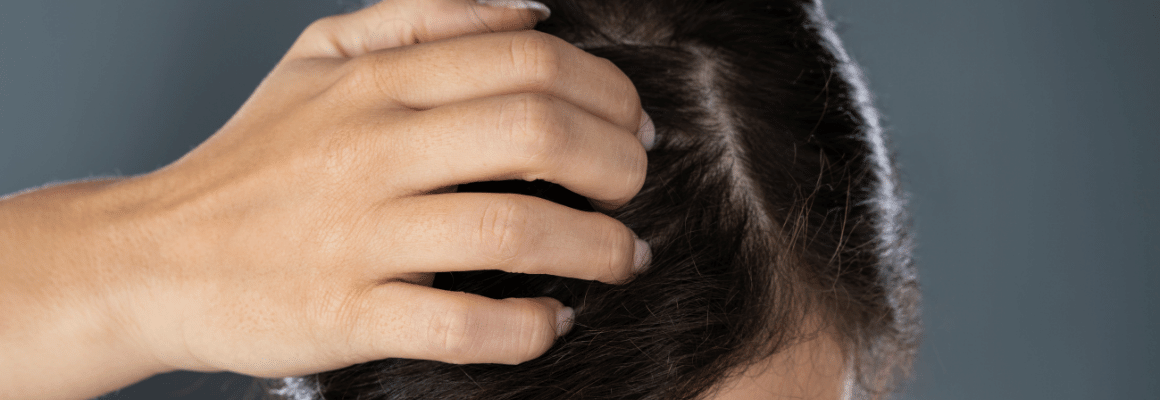Living with psoriasis isn’t easy. The chronic skin condition, affecting more than 8 million people in the United States alone, causes inflammation, itchiness, and discomfort.
Unfortunately, there is no cure of psoriasis, however, there are natural remedies to help combat symptoms. In this post we’re going to focus on the benefits of manuka honey. Read on to discover why you should use manuka honey for psoriasis.
What is Psoriasis?
Psoriasis is an autoimmune disease that causes inflammation in the body. Due to an overactive immune system, skin cells reproduce faster than usual.
The rapid buildup of skin cells is what causes the red patches with silvery scales to form. Although it can develop anywhere on the body, the chronic condition typically affects the elbows, neck, scalp, and lower back.
Symptoms of Psoriasis
Symptoms of psoriasis may vary from person to person and may go through periods of different degrees of intensity.
This means that a person may go through periods of intense flare ups and others where symptoms are hardly noticeable. Although psoriasis symptoms may appear at any age, they often develop between the ages of 15 and 25.
Common symptoms of psoriasis include:
- Dry and cracked skin
- Itchiness or burning sensation
- Red patches covered with silvery scales
- Thickened or pitted nails
- Swollen or stiff joints
What Causes Psoriasis
The exact cause of psoriasis is unknown. That being said, the autoimmune disease tends to run in families which suggests a hereditary link.
In addition, the condition can be triggered by a variety of external factors. Common psoriasis triggers include stress, alcohol consumption, cold weather conditions, cuts and scrapes, and strep infections.
An important thing to note is that psoriasis is not contagious.
Benefits of Manuka Honey on Psoriasis
Native to New Zealand, Manuka honey is a honey superpower. This is because compared to regular forms of honey, it has 1000x more methylglyoxal. This unique compound gives it supreme antibacterial and anti-inflammatory properties.
Thanks to methylglyoxal, Manuka honey is particularly effective at soothing inflammatory skin conditions like eczema, rosacea, acne, and, of course, psoriasis. Best of all, Manuka honey is completely organic. A powerful natural remedy, it is also renowned for its wound-healing abilities, anti-oxidant properties, and ability to soothe and moisturize the skin. It even has anti-aging benefits.
Manuka Honey and Psoriasis Treatment
There’s no easier way to reap the benefits of Manuka honey on psoriasis than by applying our Organic Manuka Skin Soothing Cream.
This creamy, oil-based balm is made with just six, all-natural ingredients that were handpicked because of their known soothing abilities. With absolutely no burning or stinging, it’s perfect for anywhere on the body, even delicate areas like the eyelids. Plus, it’s gentle and safe for kids and adults alike. In fact, kids love its sweet honey smell!
To make the most of this soothing cream, we suggest you try it in combination with dry or wet wrap therapy. These easy at-home treatments can enhance the effectiveness of the cream by locking in moisture and allowing emollients to better penetrate the skin.
It’s easy to do: simply apply the Organic Manuka Skin Soothing Cream and then cover with a wet or dry piece of clothing, depending on your preference. We recommend these hypoallergenic sleeves. Made with soothing TENCEL and embedded with zinc oxide, they truly help fight the urge to itch sensitive skin. Plus, the stretchy and form-fitting material makes it easy to spot treat problem areas like creases of elbows and knees.
References:
https://www.mayoclinic.org/diseases-conditions/psoriasis/symptoms-causes/syc-20355840







